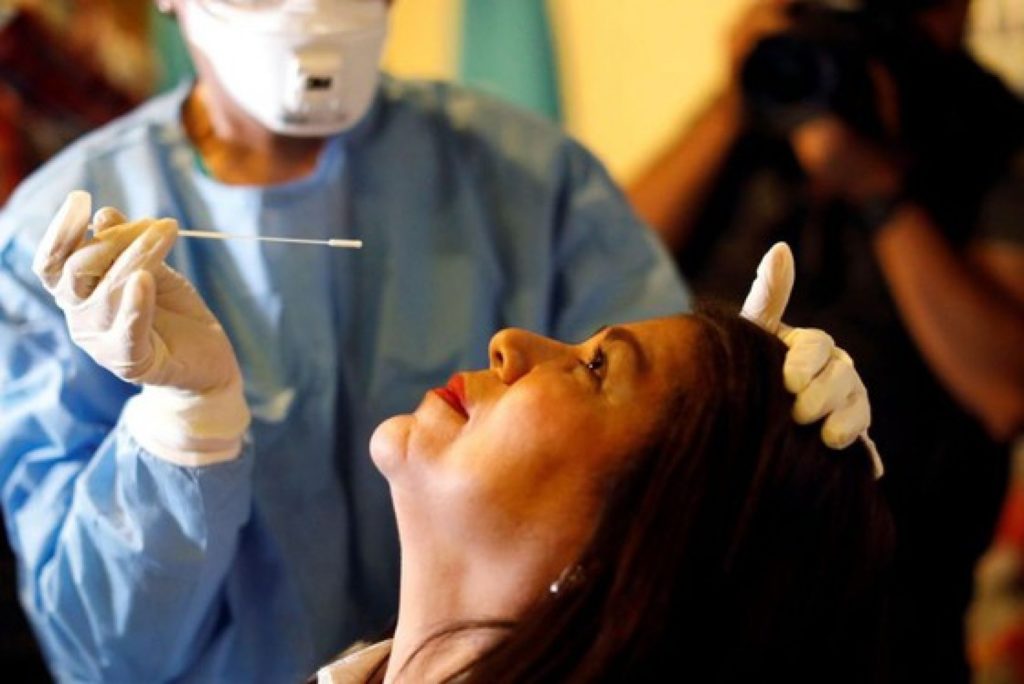RIO DE JANEIRO, BRAZIL – Researchers from the Federal University of Rio de Janeiro (UFRJ) found that the novel coronavirus can remain active in the body of an infected person for a long time. Contrary to what was believed, it can be transmitted even after the second week of infection.
The study monitored a patient who tested positive with the RT-PCR test for five months, pointing to the presence of the virus in the body. The result surprised the researchers.
According to Teresinha Marta Castineiras, head of the Department of Infectious Diseases at UFRJ School of Medicine and coordinator of the Center for Screening and Diagnosis of Covid-19 at the university, the study overturned the theory that the novel coronavirus loses its transmission capacity after the second week of infection.

Castineiras explained that a group of patients has been monitored by the researchers by conducting RT-PCR tests. Over 70 percent of them tested positive for two weeks after infection.
“A portion of over 20 percent were still positive after the 30th day. And this particular patient [who tested positive for five months] drew our attention because she remained positive for a very long time,” she said.
Teresinha pointed out that, in addition to monitoring the persistence of the virus in the human organism, researchers dedicated themselves to identifying whether the infected person could transmit the virus even after the second week of infection. Until then, other researches suggested that the microorganism would lose its ability to multiply, that is, that there would be no risk of contagion.
“This belief comes from the fact that it has been very difficult to reproduce this in vitro replication in the experiments that have been released internationally, but this is not what we are seeing here in our group’s experiments. Part of our study showed that, indeed, the virus is capable of replication [while it is present in the body, regardless of the period of contagion],” she said.
At UFRJ, the researchers were able to reproduce, in the laboratory, the virus’s ability to multiply at any period of the infection. The coordinator of the study also pointed out that the patient who tested positive for five months is not an isolated case.
“This was possible to reproduce in vitro, in successive cell passages, not only of this patient, which is a sample in our study. We have other individuals being monitored with the same features,” she emphasized.
Teresinha pointed out that there are still many questions about infection with the novel coronavirus. One of them is where the virus remains in the body of patients who continue testing positive for a long time, either with mild symptoms of Covid-19 or even asymptomatic, that is, without any symptom of the disease.
“We already have some assumptions, since the virus multiplies more easily in certain types of cells of the lymphocyte lineage [defense cells of the organism]”, she pointed out.
Source: G1

